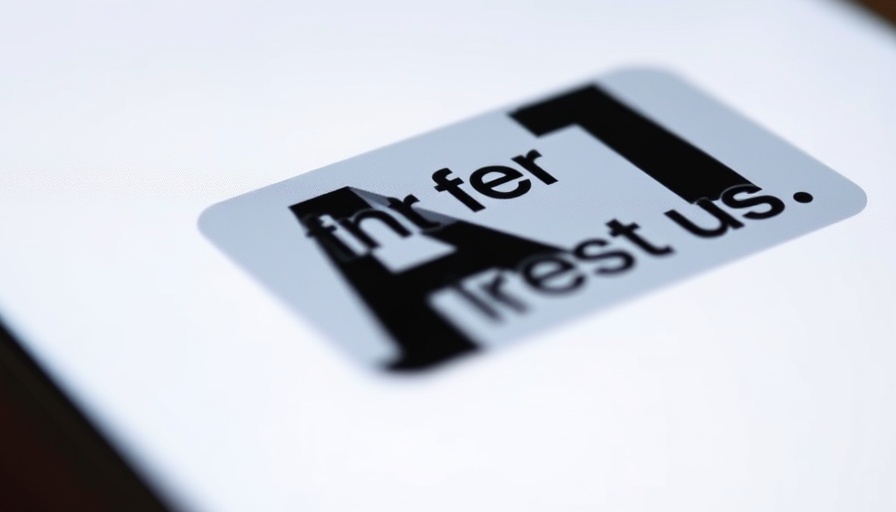
Apple's Foray into AI-Driven Health Solutions
Apple is making headlines again with news of its latest venture, aptly named Project Mulberry. This ambitious project seeks to integrate artificial intelligence into healthcare, offering users bespoke health advice through an advanced AI agent. Set to enhance its existing Health app, Project Mulberry represents Apple's strongest push into the health sector to date, aiming to tap into the growing demand for personalized health solutions.
Building on Previous Initiatives
Building on the groundwork laid by Project Quartz, which focused on health coaching, Project Mulberry aims to leverage user data for tailored health recommendations. This evolution signifies not just a response to consumer demands for health tech but also marks a strategic pivot for Apple into an increasingly competitive space. With a release date linked to its iOS 19.4 update, potentially in spring or summer of 2025, users can expect significant new features that blend AI technology with personal health monitoring.
Expanding the Health App's Capabilities
One of the standout features of Project Mulberry involves comprehensive food tracking, a territory where Apple has been relatively hesitant in the past. By embracing nutrition tracking, Apple positions itself directly against established applications like MyFitnessPal and Noom, seeking to differentiate its offerings through the integration of AI. The app will gather data from the wide array of Apple devices and utilize AI to provide real-time, personalized suggestions.
Engagement of Healthcare Professionals
To ensure the effectiveness of its AI coach, Apple will gather insights not only from its internal medical staff but also from a diverse pool of outside experts. This involves recruiting professionals specializing in various health niches like sleep, nutrition, physical therapy, and mental health. The anticipated video explainers from these experts will serve to demystify health conditions, providing users with relatable and actionable health information.
The Ailing Road to Health Innovations
Even with its aggressive advancement in health technology, Apple has encountered challenges along the way. For instance, the company had to remove a blood oxygen monitoring feature from its smartwatch due to a protracted patent dispute. Such setbacks highlight the interplay of technological innovation and regulatory landscapes, which Apple must navigate carefully as it presses forward.
Healthcare Executives Embrace AI's Potential
The excitement around AI in healthcare is echoed in recent studies, showcasing a marked increase in investments in generative AI technologies among healthcare firms. A recent PYMNTS Intelligence report indicated that a significant majority of healthcare executives anticipate a positive ROI from their GenAI investments, a sentiment that signals a robust confidence in the future of AI integration within healthcare systems.
What Lies Ahead for AI and Health?
Looking forward, the integration of AI into personal healthcare not only holds promise for enhanced health monitoring but may revolutionize patient engagement. As healthcare firms increasingly prioritize AI, this trend could herald smarter health management systems, where consumers can access real-time app-driven consultations tailored to their specific health needs. Apple’s entry into this arena exemplifies the potential trajectory of AI in healthcare, meriting close attention as both technological capabilities and consumer expectations evolve.
In conclusion, Apple’s Project Mulberry exemplifies an exciting new frontier in the intersection of AI and personal healthcare. As the tech giant prepares for a 2025 launch, industry watchers and health enthusiasts alike should prepare for a transformative journey that blends technology with wellness.
Call to Action: Stay informed with the latest advancements in AI and healthcare by subscribing to our updates! Explore how technology is reshaping our health futures.
 Add Row
Add Row  Add
Add 




 Add Row
Add Row  Add
Add 

Write A Comment